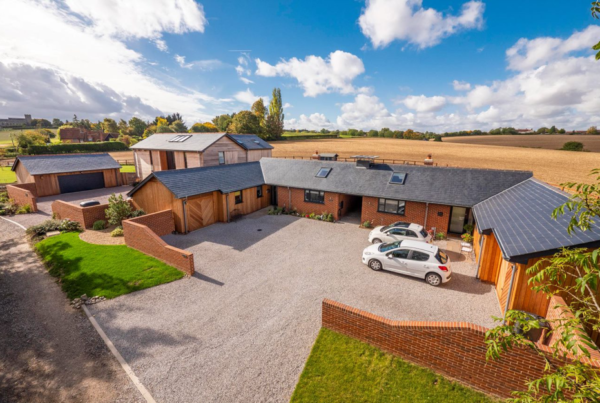The building industry shows promising signs of a strong recovery after the COVID-19 pandemic, as UK builders report to have experienced the sharpest rise in monthly activity in nearly five years. This rise came during July this year, residential building reported to be the main driver for this significant boost in activity.
The rise comes as excellent news for the UK government, who are reported to be relying on this particular sector to help be a driving force in the country’s economic recovery – PM Johnson himself using the slogan “build, build, build” whilst describing the intentions for the post-lockdown economy’s revival. New and upcoming “once in a generation” reforms have recently been announced to the country that will help to ease certain building restrictions.
However, even with these promising results, as concerns surrounding the economy still remain significantly high, the sector has experienced a decline in workers. IHS Markit’s economics director Tim Moore told the Financial Times:
“Concerns about the pipeline of new work across the construction sector and intense pressure on margins go a long way to explain the sharp and accelerated fall in employment numbers reported during July”
The Government’s Plans for Construction Post-Lockdown
Despite this reported decline raising concerns, the UK government has predicted that this drive in construction will create many more jobs throughout the sector, further helping to push for economic recovery following the COVID-related lockdown measures.
On the 21st July 2020, Parliament laid out new laws that will enable homes to be built where unused buildings currently stand, without the need for full planning applications. Alongside this, retail and commercial properties will be able to be repurposed quickly in a bid to revive town centres and high streets.
Housing Secretary Robert Jenrick has commented the following on the matter, stating that:
“We are reforming the planning system and cutting out unnecessary bureaucracy to give small business owners the freedom they need to adapt and evolve, and to renew our town centres with new enterprises and more housing.”
“These changes will help transform boarded up, unused buildings safely into high quality homes at the heart of their communities. It will mean that families can add up to 2 storeys to their home, providing much needed additional space for children or elderly relatives as their household grows.”
These new rules, set to apply from September, follow on from other measures recently announced to help support home building throughout the country, of which include the addition of £450 million to the Home Building Fund, whilst a new £12 billion programme for affordable homes will help to provide up to 180,000 brand new properties.











